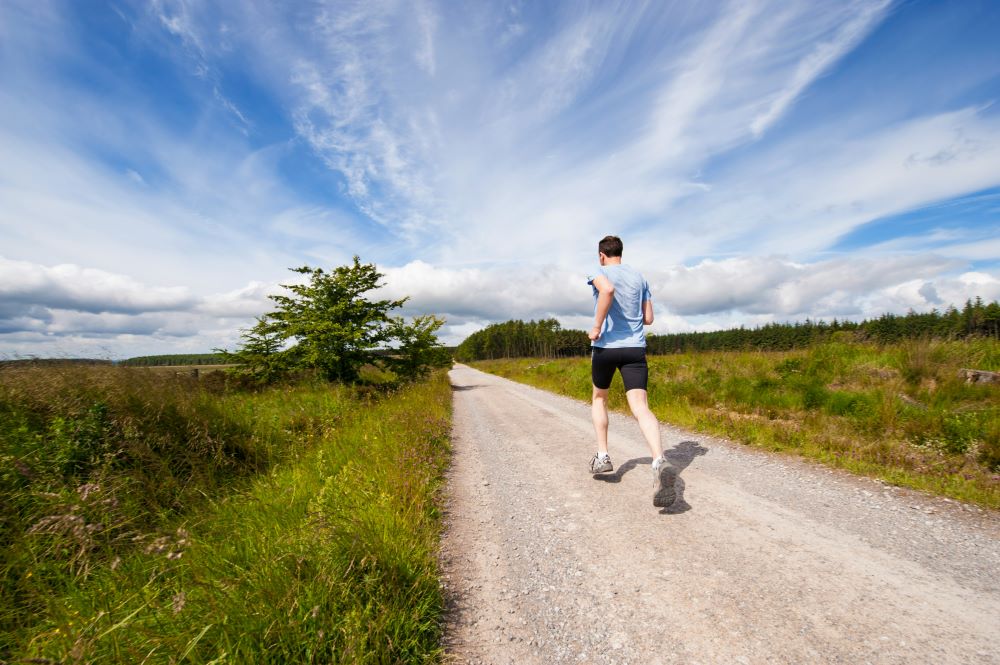Exercise After Learning to Lock It In
Posted by JOANNA C

New research from the University of Copenhagen provides a new way to lock in learning, aside from the usual recommendations like listening to it as you sleep and other brain hacks that are widely used. It’s something that’s readily available but often overlooked: exercise.
Getting physical activity through exercise before taking on a new skill has been proven to help you retain the knowledge better than without exercise, but the best way to ensure that your brain has the best chance of learning is to exercise after. You can get a 10% boost in retaining what you just learned, even if it was the first time you were exposed to the learning, by exercising after. If you exercise before and after, the effect is strengthened even more!
To test their hypothesis, researchers studied adult male participants aged 18-35 years old who had no experience in the tasks they were asked to do (such as no participants who regularly played video games or musical instruments). This study specifically looked at the type of learning that occurs in the brain with fine motor skills, such as video game playing and playing a musical instrument. Researchers were specifically interested in how they could boost the retainment of new skills that might be useful in rehabilitation settings.
The participants were divided into 4 groups, some of which were asked to use a stationary bicycle with moderate intensity while another group rested. Afterwards, they played a computer game which measured the dexterity of their fingers, and again were asked to exercise or rest before taking the same computer dexterity test and a memory test. One group took no exercise before or after, and another group rested before but exercised afterwards.
The results were clearly in favor of exercising afterwards for the best gains in retaining and developing fine motor skills. This is due to the changes occurring in the brain during the introduction of new skills, called neuroplasticity. It’s the time after learning the skill that the memory is set in process which is why being physically active after learning something new boasts the most benefits.
Further Reading
Lasse Jespersen, Katrine Matlok Maes, Nicoline Ardenkjær-Skinnerup, et al. Acute exercise performed before and after motor practice enhances the positive effects on motor memory consolidation. Neurobiology of Learning and Memory, 2023; 205: 107830 DOI: 10.1016/j.nlm.2023.107830
Photo by Jenny Hill on Unsplash

